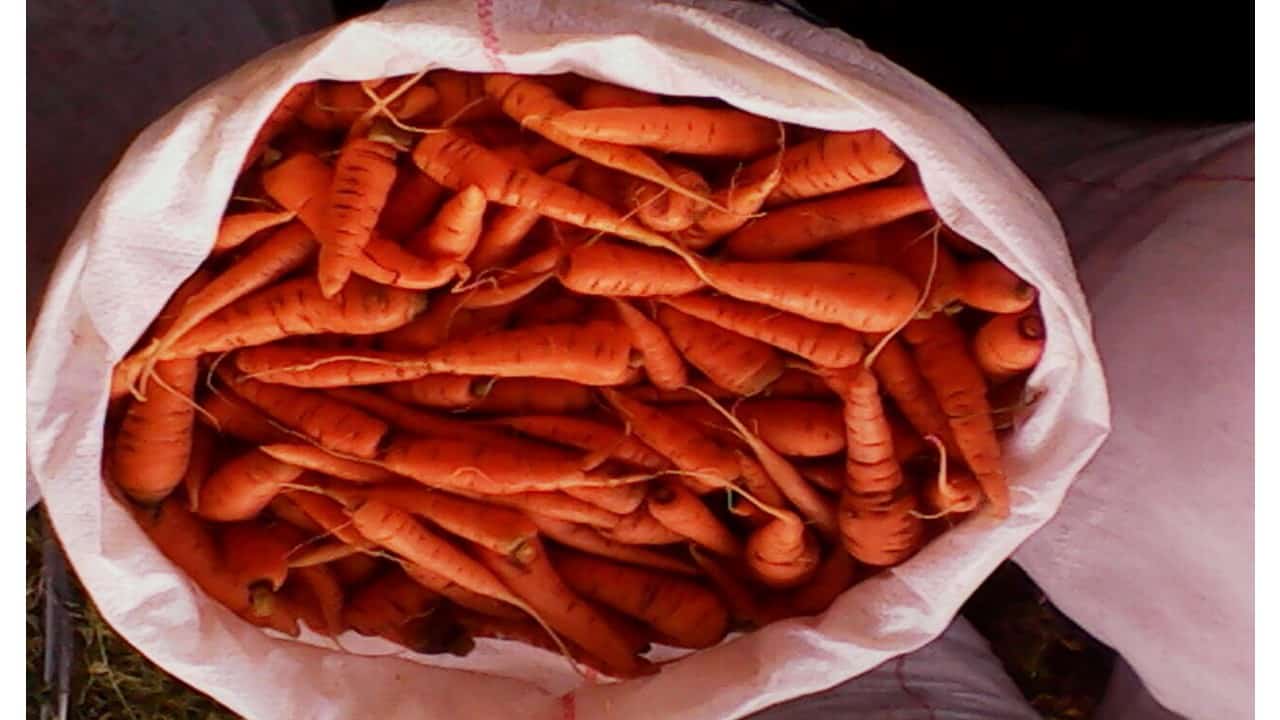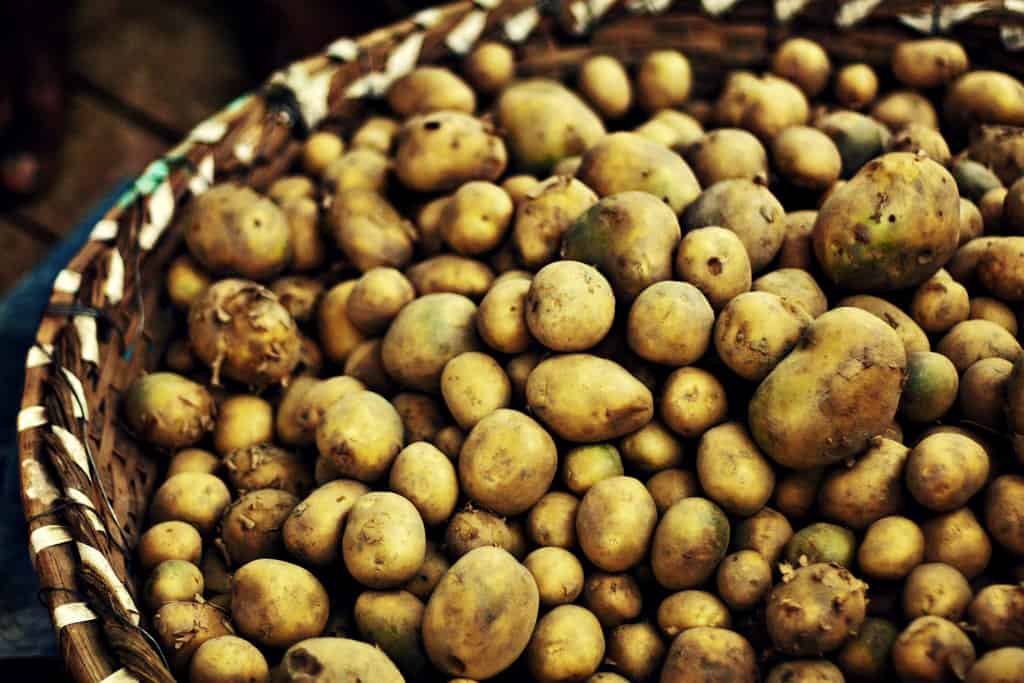Sanitation Initiative
Permanent Housing Initiative
Flush toilets attached to a septic system are a vital necessity to an overall sustainable development program designed to empower and improve the lives of the people living in a rural farm community in Zimbabwe. Currently, beneficiaries of the Zimbabwe Farm Project are housed in temporary clapboard houses without heat or indoor plumbing. Your donations will help build permanent housing, which will facilitate improved sanitation to increase hygiene, health, and waste disposal via the installation of a complete sanitation system. This includes the purchase and installation of a septic tank, indoor plumbing, and flush toilets. At present, hygiene consists of bucket bathing and outdoor sanitation. The number of workers and people living in the community who have access to flush toilets is quite low. At project start-up, a temporary sanitation solution through the use of an outhouse also known as a pit latrine.
Though pit latrines are the norm, indoor plumbing attached to a septic tank is the best way to ensure that groundwater remains uncontaminated and free of pathogens. Costs to empty the pits are nominal, but often are incorrectly disposed of because it requires chemical treatment. Also, pit latrines are often odoriferous and fly infested, and are an inefficient sanitation solution. Please help us to improve these living conditions for the people served by the Zimbabwe Farm Project. We appreciate your support!





